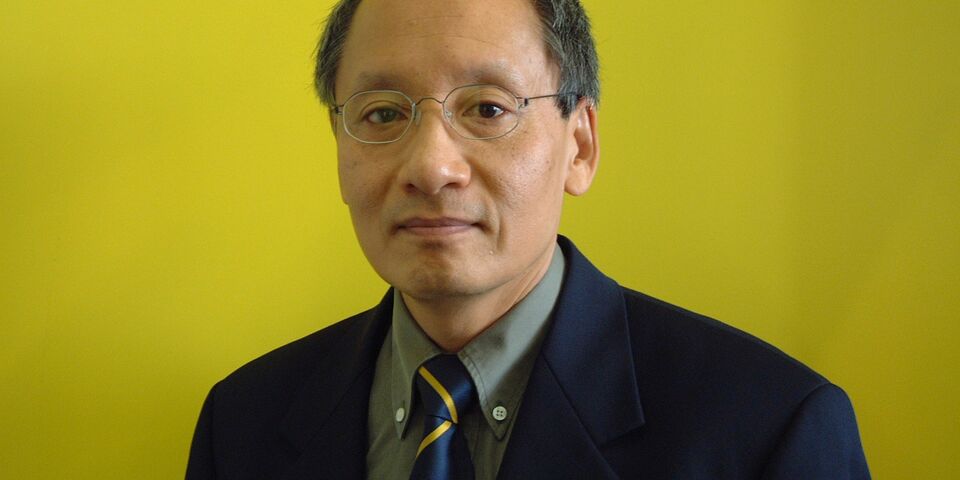Life after TU/e | Djan Khoe
What happens to international students after they graduate from TU/e? Do they go job hunting in the Netherlands, pack their bags and explore the world, or return to their home countries? International TU/e graduates talk about their lives after TU/e. In this Cursor: Djan Khoe.
Name: Djan Khoe
Place of Birth: Magelang, Indonesia
Date of Birth: July 22, 1946
At TU/e: I joined TU/e as a student of Electrical Engineering in January, 1965. In 1983, I rejoined TU/e as a part-time Professor while working at Philips Research Laboratories. In 1994, I became a full professor of Telecommunications, more specifically Electro-Optical Communication Systems. I am the founding father of the COBRA (COmmunication technologies, Basic Research and Application) Research Institute in Eindhoven. I retired in 2011.
Current position: As an Emeritus Professor, I am now coaching Post Docs.
What are you doing now?
As an Emeritus Professor, I am personally coaching Post Docs who are applying for Veni, Vidi, and Vici Grants, and other recognitions. I volunteer, but I used to ask for a rare brand of Cava Colet, whenever someone wanted to reward me. I have amassed quite the collection.
I originally wanted to train dogs for the blind, and managed to get all the diplomas for becoming a professional dog trainer. However, they only accept full-timers, so I had to abandon that career path. I do occasionally help people who have problems with their dogs.
How do you reflect on your time at TU/e?
As a student, I chose TU/e because it was a new and small university. After I got my first-year certificate in just nine months I decided that I should relax a little. So I spent four years completing my Kandidaats (cf. bachelor’s, ed.) with a grade average of 6. I became fully focused again for the doctoral period and as a result, I graduated Cum Laude. The Kandidaats period was quite enjoyable: I saw much of Europe at that time.
During my period as a part-time Professor, the atmosphere within the EE Department was not great. Professors were old and had never heard of working together. They enjoyed their own isolated islands, and fought each other a lot. The new, younger generation who came after that were all hard-working, modern professors, and much more open to collaboration. That period marked the start of great EE successes. In 1983, I was invited to apply for the part-time position, and in 1994 I was offered the position of full professor. In 1985, I launched the COBRA (Communication Technologies, Basic Research and Applications) research institute at TU Eindhoven.
What advice would you give current students?
What’s most important is to graduate with a good grade. You’ll have more opportunities to decide where you want to go. And professionally: quality is the only thing that works. In addition, it is crucial to develop a network of national and international colleagues.


Discussie